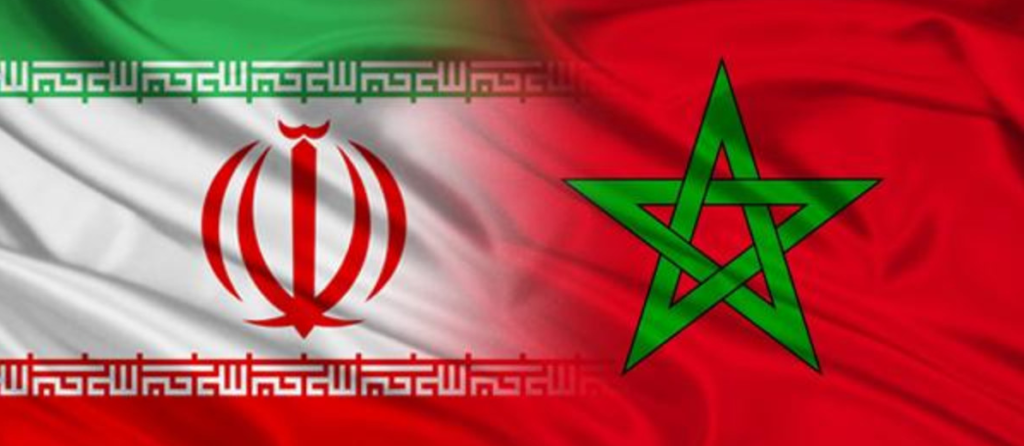
In a surprising turn of events, Iran has addressed growing speculation about potential diplomatic talks aimed at mending strained ties with Morocco. The response comes amid reports of behind-the-scenes negotiations facilitated by third-party nations, signaling a possible thaw in relations between the two countries.
Iran and Morocco have had a turbulent diplomatic relationship over the years, marked by mutual distrust and periods of severed ties. In 2018, Morocco cut diplomatic relations with Iran, accusing Tehran of supporting the Polisario Front, a separatist group in Western Sahara—a claim Iran has consistently denied.
Since then, tensions have remained high, with both nations engaging in sharp rhetoric while aligning themselves with opposing regional blocs. However, recent developments suggest a shift in tone.
Iran’s Statement
Speaking to Iranian media, a Foreign Ministry spokesperson neither confirmed nor denied the possibility of talks but emphasized Tehran’s openness to dialogue. “Iran has always believed in resolving differences through constructive engagement,” the spokesperson said. “We welcome any initiative that fosters regional peace and mutual understanding, provided it is based on respect for sovereignty and non-interference in internal affairs.”
The statement has been interpreted as a cautiously optimistic overture, with analysts noting that such public remarks are rare given the fraught nature of Iran-Morocco relations.
What Sparked the Rumors?
Reports of potential talks surfaced following a series of diplomatic gestures involving countries friendly to both Iran and Morocco. Observers have pointed to Oman and Qatar as possible mediators, citing their history of facilitating dialogue in regional disputes.
The timing is also significant. With Iran facing increasing isolation over its nuclear program and Morocco seeking to strengthen its international alliances, a rapprochement could serve the strategic interests of both nations.
Morocco’s Position
While Morocco has yet to issue an official response, sources within the government suggest a cautious approach. “Morocco’s primary focus remains safeguarding its territorial integrity and fostering stable, balanced international relations,” an unnamed official stated.
Analysts believe any potential reconciliation would require Iran to address Moroccan concerns about its alleged support for the Polisario Front, a sensitive issue for Rabat.
Regional Implications
A thaw in Iran-Morocco relations could have ripple effects across the Middle East and North Africa. For Iran, it could signal a step toward breaking out of regional isolation. For Morocco, it might provide an opportunity to bolster its diplomatic clout and showcase its commitment to dialogue.
However, such a rapprochement would likely face resistance from Morocco’s allies, particularly the Gulf states, which remain wary of Iran’s regional ambitions.
Challenges Ahead
Despite the cautious optimism, significant obstacles remain. Iran’s activities in the region and Morocco’s steadfast support for its territorial claims in Western Sahara represent deep-rooted differences that would require substantial concessions from both sides.
A Glimmer of Hope
As the two nations navigate this delicate situation, observers are watching closely for concrete developments. While the road to reconciliation is fraught with challenges, the very fact that both sides are engaging in public dialogue marks a notable shift in tone.
Whether this will lead to a full normalization of ties remains uncertain, but for now, the possibility of a diplomatic breakthrough offers a rare glimmer of hope in a region often defined by its divisions.




